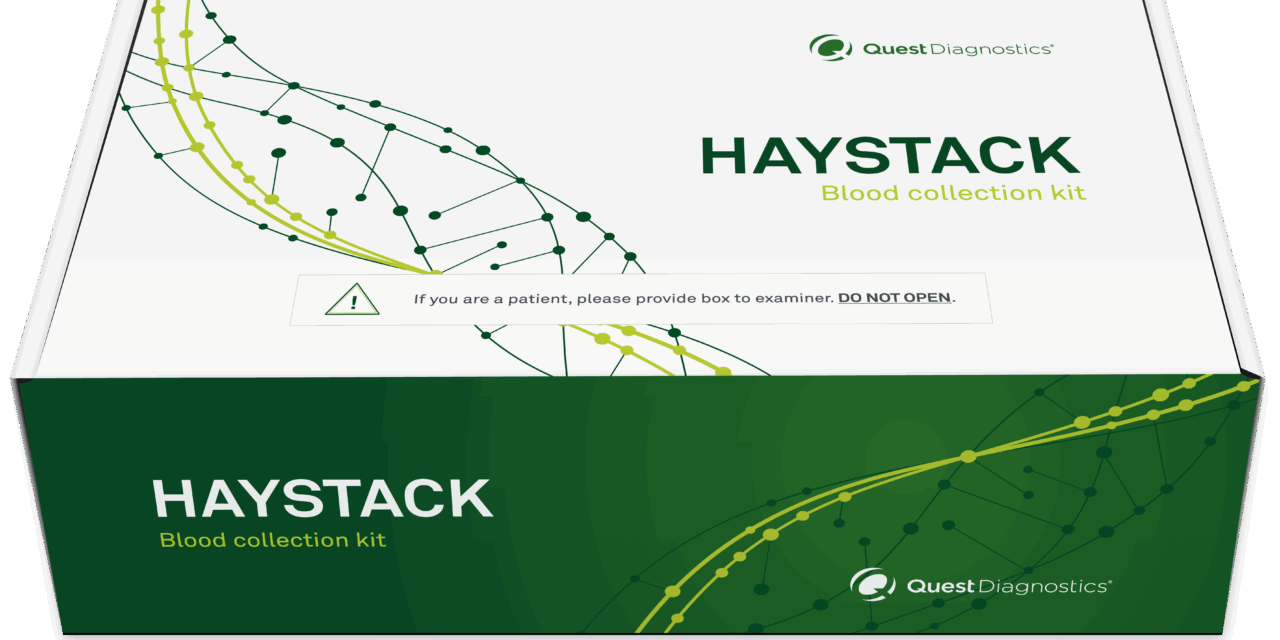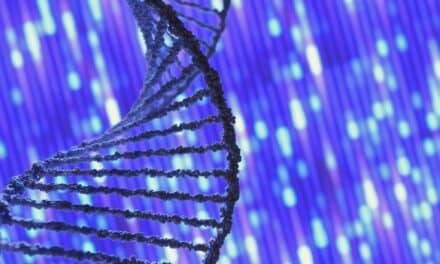The circulating tumor DNA test is designed to identify MRD-positive patients with stage II colorectal cancer who may benefit from adjuvant therapy.
Quest Diagnostics has received FDA Breakthrough Device Designation for its Haystack MRD test, which identifies minimal residual disease (MRD)-positive patients with stage II colorectal cancer following curative-intent surgical treatment who may benefit from adjuvant therapy.
The designation applies to patients who may benefit from adjuvant therapy in accordance with therapeutic product labeling. Quest introduced a clinical laboratory-developed test version of Haystack MRD in late 2024 and is expanding access for oncologists and pharmaceutical partners.
“We are committed to working with the FDA and our research partners to validate the use of Haystack MRD in a variety of solid tumors, building on this first designation for an early-stage colorectal cancer,” says Dan Edelstein, vice president and general manager at Haystack Oncology, in a release. “Our goal is to deliver highly accurate, personalized monitoring of treatment response and recurrence to more patients, both in clinical care and in pharmaceutical trials, and this Breakthrough Designation brings us closer to our goal.”
Breakthrough Device Program Benefits
The FDA’s Breakthrough Devices Program applies to medical devices and device-led combination products that provide more effective treatment or diagnosis of life-threatening or irreversibly debilitating diseases. The program provides patients and healthcare providers with timely access to medical devices by accelerating development, assessment, and review for premarket approval, 510(k) clearance, and De Novo marketing authorization while maintaining FDA safety and effectiveness standards.
The designation adds to evidence supporting the clinical and pharmaceutical applications of the Haystack MRD test and aligns with research supporting circulating tumor DNA (ctDNA)-based MRD tests for detecting residual or recurrent cancer from solid tumors.
Clinical Applications and Market Adoption
By detecting trace amounts of tumor-derived DNA in the bloodstream, ctDNA MRD testing can reveal molecular evidence of disease recurrence months before it becomes apparent through imaging or other conventional monitoring methods. This early detection capability helps clinicians tailor surveillance strategies, adjust treatment plans, and potentially intervene before disease progression becomes clinically evident.
A recent Harris Poll survey for Quest Diagnostics found that nearly all oncologists (96%) believe MRD testing has the potential to identify cancer recurrence earlier than other current methods.
Haystack MRD is currently used in multiple clinical trials and research studies with institutions in the US, Canada, and Australia. Clinicians at more than 75 cancer and academic centers and health systems are using the test, which is available for clinical use as part of Quest Diagnostics’ oncology testing portfolio.
The test is also available for clinical trials as an investigational device through Haystack Oncology in laboratories in Baltimore, Maryland; Hamburg, Germany; and Helsinki, Finland.
Photo caption: Haystack MRD kit
Photo credit: Quest Diagnostics





